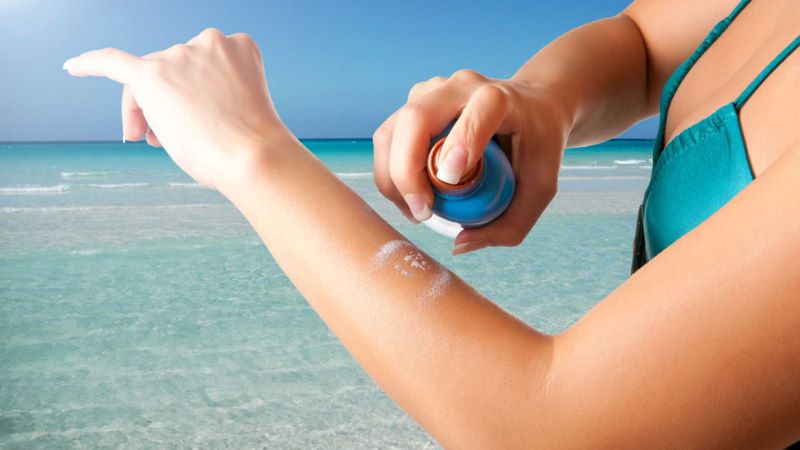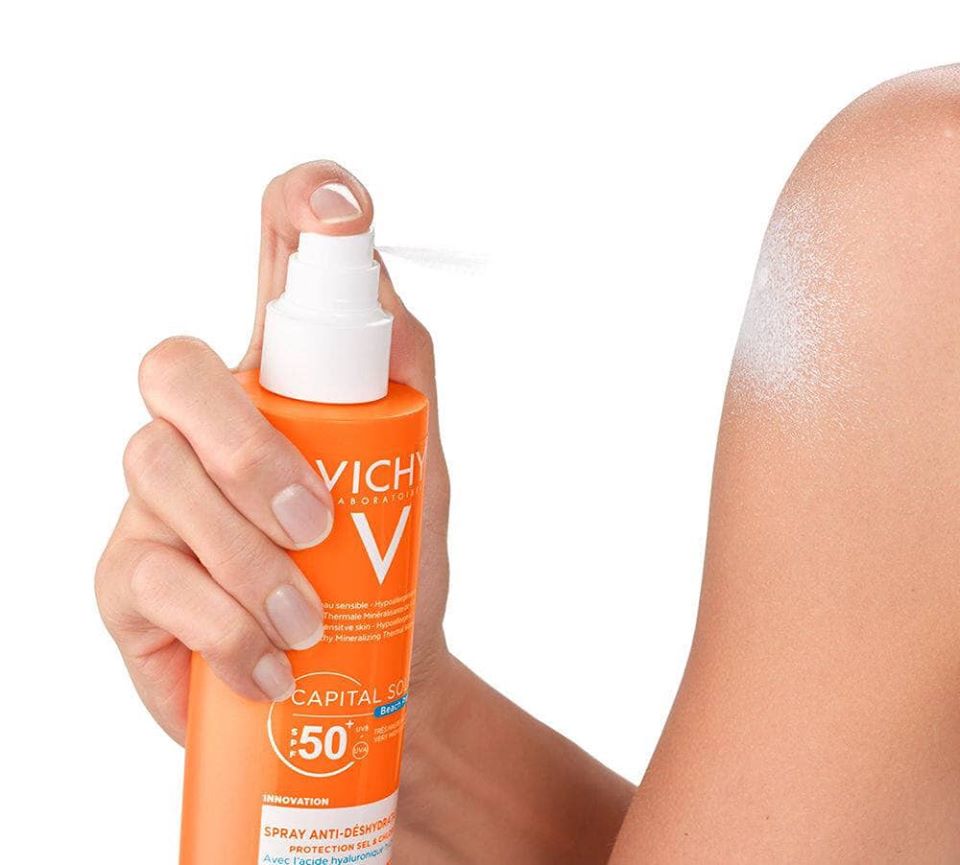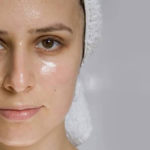Spray sunscreens have their pros and cons. On the one hand, they offer a breathable, comfortable feel for the skin, are suitable for various skin types, including oily skin, and are easy to use. On the other hand, they have some drawbacks, such as being less suitable for facial application due to potential eye irritation and the presence of flammable ingredients that can be hazardous near open flames.
1 Are Spray Sunscreens Good?

When used correctly and with a reputable, quality product, spray sunscreens can provide excellent sun protection. They not only shield your skin from the sun but also cool and refresh it, making them a convenient option to carry around.
Spray sunscreens are particularly well-suited for individuals with oily skin as they do not leave a greasy residue and provide a comfortable, breathable feeling.
2 Advantages and Disadvantages of Spray Sunscreens
Advantages

Convenience and Portability: One undeniable advantage of spray sunscreens is their convenience and portability. With a spray bottle design, application is quick and easy, taking only a few seconds to cover your skin with sun protection.
Ease of Use: Spray sunscreens allow for easy application to hard-to-reach areas like your back or neck without assistance, unlike traditional cream sunscreens that often require help to apply to these areas.
Suitable for All Skin Types: For individuals with acne-prone or oily skin, spray sunscreens are a better option as they help prevent clogged pores and excess oil. This is because spray sunscreens have a lighter formula and often contain moisturizing ingredients, leaving your skin feeling soft and smooth after application.
Disadvantages:

Limited Facial Use: Spray sunscreens can be challenging to control during application, and the mist may enter the eyes, causing irritation. Therefore, most manufacturers recommend against using spray sunscreens on the face, especially the delicate eye area.
Flame Hazard: Spray sunscreens typically contain organic solvents and alcohol, which are highly flammable. Using them near open flames or sparks can pose a fire hazard.
Difficult to Determine Adequate Application: It can be tricky to know how much product you’ve applied with spray sunscreens, leading to either overuse or underuse.

3 Recommended Spray Sunscreen Products on the Market
 Spray sunscreens offer convenience, ease of use, and time-saving benefits.
Spray sunscreens offer convenience, ease of use, and time-saving benefits.
While spray sunscreens offer convenience and ease of use, not all products on the market provide effective sun protection. To ensure you’re getting adequate protection, consider reputable brands like Vichy Capital Idéal Soleil Invisible Hydrating Mist, Avene Very High Protection Spray Very Water Resistant SPF50+, Alba Botanica Hawaiian SPF50, La Roche-Posay Anthelios Invisible Fresh Mist Anti-Shine SPF50, and Premium tomato cool&dry sun spray SPF 50+ PA+++. You can also explore other options by visiting reputable online stores.
We hope this information helps you understand the pros and cons of spray sunscreens and makes it easier for you to choose the right sun protection for your needs.
For more beauty tips and secrets, visit our Beauty Secrets section.
You may also like:
7 Tips to Minimize Pores and Reduce Oily Skin During the Summer
Large pores can be a major source of self-consciousness, causing us to feel our complexion has lost points. Struggling with this issue can feel hopeless, so what can be done to get rid of them or, at the very least, reduce their appearance? Read on for more information and advice on dealing with large pores.



































